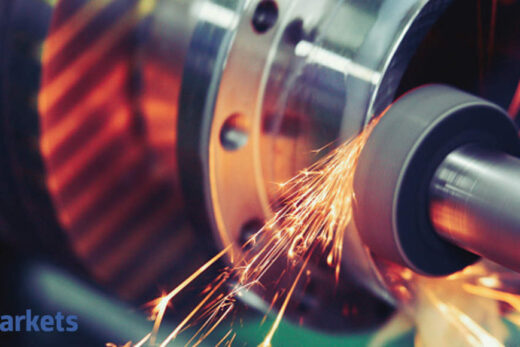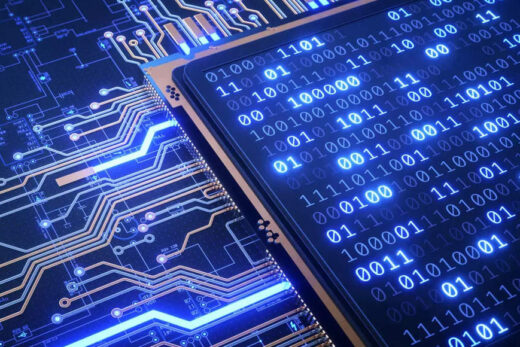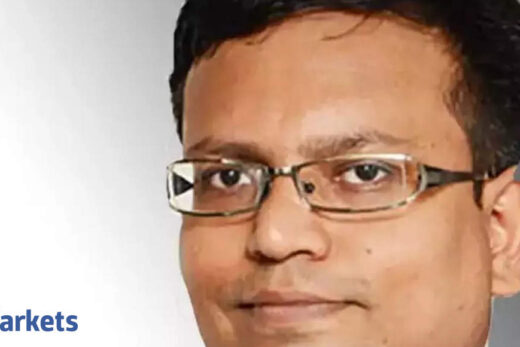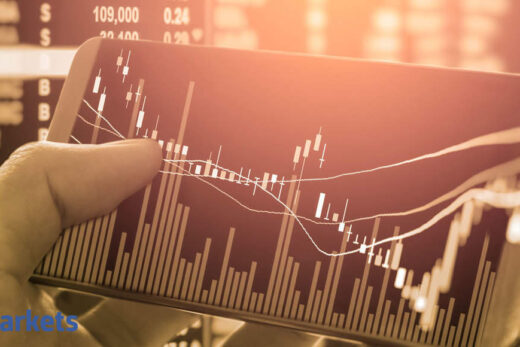Can you talk about the record quarter with the strongest EBITDA that we have seen coming in for the company in Q2? Can you give us some highlights on that?
We had a very happy quarter with record revenues at Rs 30,000 crore odd, record EBITDA at Rs 10,000 crore odd. So we are in a very sweet spot. We have been able to deleverage by around a billion dollars and so net debt EBITDA ratio has come down to 0.5 which is one of the best globally. We are in a very happy situation as of now.
The deleveraging across metal companies has gone up. Can you talk about this deleveraging trend and will this continue going forward?
Substantially, all across, global majors have all reduced their debts and this is the opportunity everybody has encashed.
In terms of metals seeing demand growth across the world. Do you think the capex will now pick up?
Globally people are readying for the investment. The commodity cycle is such that you pass through low and highs and good companies are those who keep investing and looking at the high cycle when they pass through the low. At Vedanta, we have always been looking at making our asset low cost profile.
We have been looking at all the opportunities of brownfield expansion, digitisation, technology adoption. Now when the new era is coming, when everybody is talking about net zero, in that direction, it will become a mineral intensive industry. I would give you the example; the EV car requires about six times more minerals than the usual car, the renewable power requires about nine to 10 times more minerals than the usual coal or gas based plants.
Looking at the opportunity going forward, minerals like copper, zinc, lead, nickel, lithium metals are going to be the future metals which will drive the new world.
Could you tell us about the cost guidance that has also gone up across the spaces in all the segments whether it is zinc, aluminium, oil and gas?
The margins are going up a little. Suppose I predicted the margin of say $400, $500 for a minimum at the start of the year, today margins are crossing $1000 per tonne so naturally there will be commodity headwinds. Similarly in zinc, if the margins have gone up by $700, $800, $900, naturally the cost will also go up by $150.
But that does not bite us because it is driven by commodity prices, by coal prices and we have to see what is the global trend. But it is a happy situation for us.
ESG has been in focus. What is Vedanta doing to improve its ESG score?
Vedanta wants to play its part. In the last 10 years we have been trying to run our sustainability journey but we are trying to give the new birth to ESG. So in the space of ESG we want to play our part and we have travelled our journey in the last 10 years in a way that we have come in the bracket of the top global natural resource companies.
From here on, we have made big commitments like we want to be net zero by 2050 or before. We also committed that by 2030 we will increase our renewable usage by 25% and we will reduce our carbon footprint by 25%. We have also decided that we will not put up any new thermal or coal based power plant and the existing plants will live to the end of their existing life. Similarly in hydrogen, we will see how we to facilitate our facilities to ensure that we are ready to use the hydrogen as a fuel.
But we will also be thinking about how to set up the hydrogen research and manufacturing facility and play a part in the hydrogen energy transition for India as a whole for which the country has taken a mission.
We have also decided that by 2030 we will be a net water zero company. Our
is 2.4 times water positive already and they have mapped out a path to be five times water positive company. is also a net water zero company. We have designed a path for all our businesses and committed that we will release all our fresh waters and we will be net water positive company by 2030.



